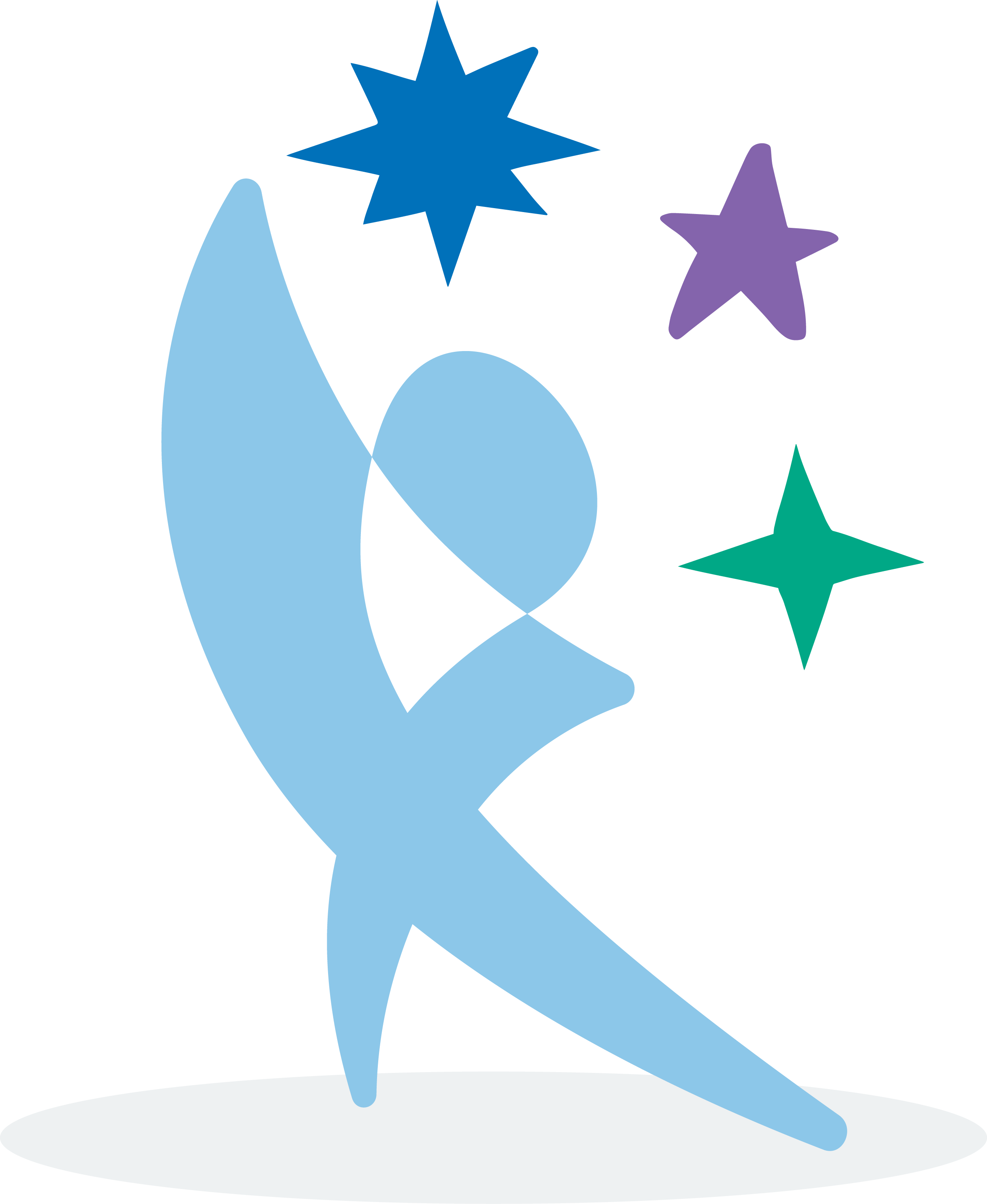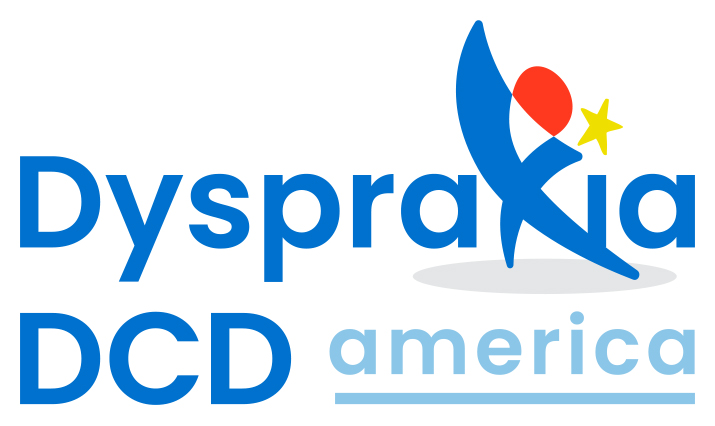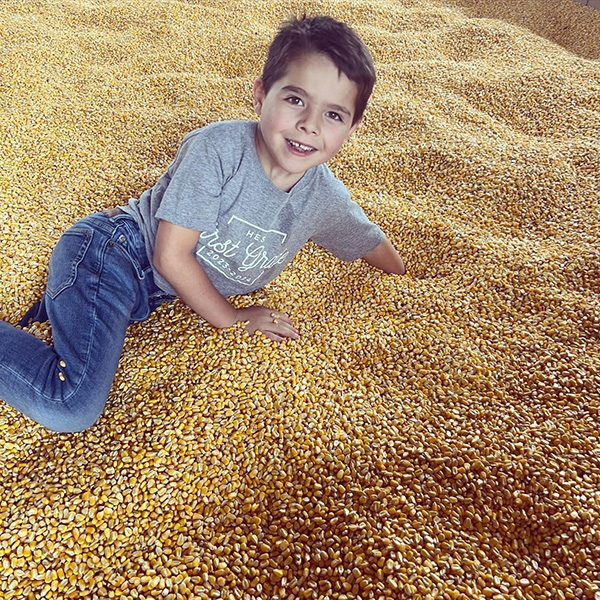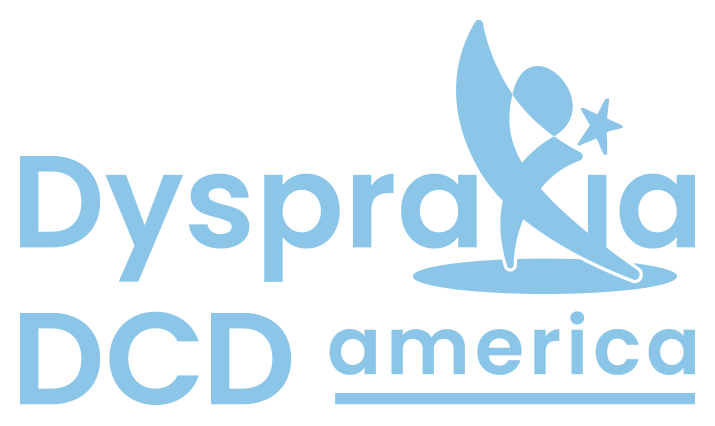Children
Dyspraxia/DCD can be difficult to identify because it looks different from one child to the next. It may even differ from one day to the next.
Listed below are the diverse areas that may be impacted by Dyspraxia/DCD as well as what the child may experience. Remember, all children with Dyspraxia/DCD will have some difficulties with fine and/or gross motor skills. Other areas of impact may differ depending on the child.
“Parents, educators, physicians, and therapists working with children with DCD must recognize how their quality of life is affected by the physical and emotional toll of their efforts to participate successfully in daily activities.”
Zwicker et al., 2017
Signs & Symptoms
Listed below are the diverse areas that may be impacted by Dyspraxia/DCD as well as what the child may experience. Remember, all children with Dyspraxia/DCD will have some difficulties with fine and/or gross motor skills. Other areas of impact may differ depending on the child.
How is Dyspraxia/DCD Diagnosed?
Signs and symptoms will begin early in life, but a diagnosis may be made at any age.
A formal diagnosis will use criteria for Code 315.4 Developmental Coordination Disorder from The Diagnostic and Statistical Manual (DSM-5) or for Code 6A04 Developmental Motor Coordination Disorder (Developmental Dyspraxia) in the International Classification of Diseases (ICD-11), the global standard for diagnostic health information. For an official diagnosis, all the criteria in the DSM-5 or the ICD-11, which are fairly similar to each other, must be met.
Here is a high-level summary of the main diagnostic criteria:
- Motor skills are significantly below the level expected for the individual’s age.
- Lack of motor skills and coordination affects activities of daily life at home, school, and/or the workplace.
- Symptoms were present early in life.
- Difficulties with motor skills are not better explained by other medical conditions such as intellectual disability, neurological conditions or visual impairment.
In the United States, Dyspraxia/DCD must be diagnosed by a medical doctor (MD).
A diagnosis will include assessment of the following:
- Medical history including development and symptoms
- Gross and fine motor skills, coordination and balance
- Other possible causes of motor difficulties.
Healthcare professionals providing input for a diagnosis may include:
- Neurologist
- Pediatric Neurologist
- Neuropsychologist
- Pediatrician
- Developmental Pediatrician
- Occupational Therapist
- Physical Therapist
- Psychologist



A diagnosis will include the following:





